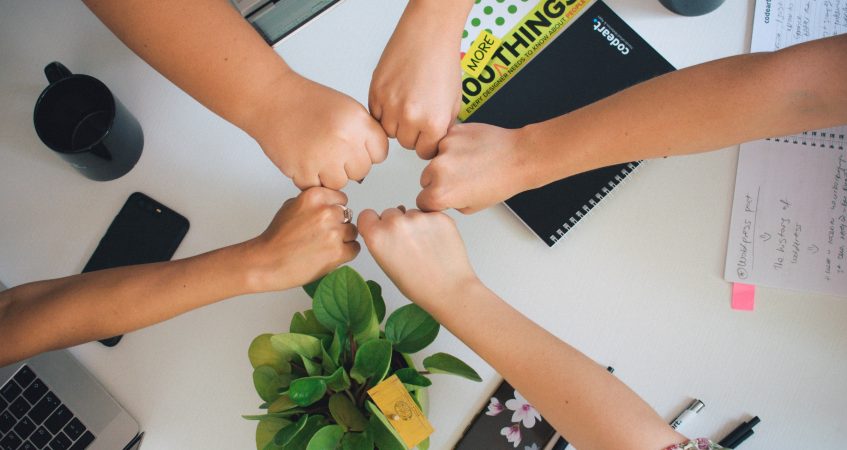Link2007 is 10 years old

06/03/2017
This year Link 2007 is ten years old. Ten years during which the reference context of international cooperation has profoundly changed. Since September 2015, the international community has had a new agenda, that of the Sustainable Development Goals, which compared to the previous one, centered on the Millennium Development Goals, places much more emphasis on the issues of contrasting inequalities and shared responsibilities.
There are two reasons for this new approach: extreme poverty grows even where at the “macro” level there is strong economic growth; poverty and social exclusion are manifested in every area of the world, even in middle and high income countries. The theaters of crisis are multiplying and the capacity to counter the armed exasperation of conflicts by the United Nations is clearly below the needs, such as the painful events of Syria, Yemen, the Horn of Africa and various other contexts they are indicating. Humanitarian aid and development support are confronted with widespread skepticism. Various observers, to the question does aid work?they tend to answer no, when they don’t even attribute to it a corruptive and disempowering function towards the ruling classes of the partner countries . The NGOs of Link 2007, in this context, have decided to take the question very seriously. They do not respond to skepticism indignantly, but on the contrary with the force of numbers and facts, through the tools of evaluation, in the wake of the charter towards accountability signed by them in 2013.
Ten years ago this theme could have been of interest to the restricted circle of insiders at best. Today this is not the case: the institutions, civil society and public opinion as a whole legitimately ask to know the concrete results achieved by the aid. It’s our challenge. This is why Link 2007 updated its mission in 2016, placing some binding principles at the center of the association agreement between NGOs. A passage from our mission documentindicates that it is “…it is essential to ascertain and account for the fact that cooperation actions achieve measurable results that respond to the needs of the communities. It’s not enough to do things “right”; it is crucial to do the “right” things and learn lessons for the future. The results obtained are then transformed into “knowledge” capable of favoring comparison and of being able to highlight limits and good practices useful for the strategic planning of future projects…”. Doing things well means being efficient, doing the right ones involves relevance, the correspondence between actions and needs, the ability to generate concrete changes. It is with these ideas in mind that we signed a policy documenton the evaluation and launched a working group with the participation of experts from our NGOs and scientific and academic bodies. We repeat: accountability is our challenge.
An expression very dear to our NGOs is “last mile”, which concretely means being active as agents of change where communities often do not even smell the scent of international agendas. We believe in these agendas, because it is important for the international community to give itself shared horizons. However, their credibility depends on how perceptible they will appear not so much in Rome, Brussels, New York, but in Aleppo, in Iraqi Kurdistan, in Mogadishu, in the African pastoral areas affected by drought, in the inhumane suburbs of Latin American megalopolises. The challenge is in these places. It is there that concrete, measurable projects, evaluated for health, water, education, work, can and must translate “ancient values”, such as solidarity and justice, into new and ambitious results of human development.
